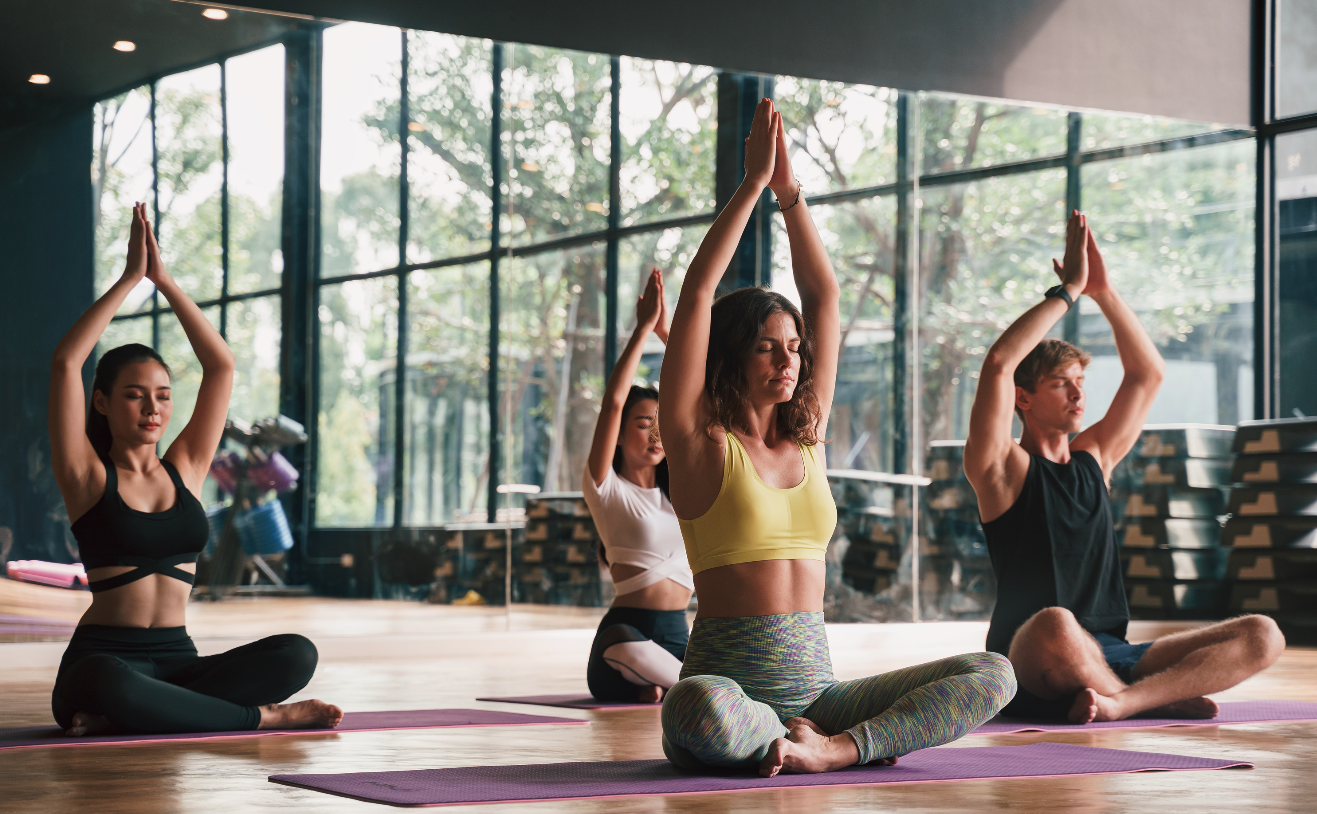THREE-minute bouts of yoga have been found to significantly lower blood glucose levels and reduce the risk of diabetes, a study from Glasgow Caledonian University has revealed.
The research carried out by a team of physiotherapists investigated the effects of breaking up sedentary behaviour with short bouts of yoga and tai-chi on glycaemic control, concentration, and wellbeing in healthy individuals.
The study, which involved 15 adults aged 26-28, found that the effects of short bouts of yoga to break up the working day significantly lowers glucose levels to reduce the risk of diabetes without compromising concentration or wellbeing.
However, tai-chi did not provide the same significant effect on glucose levels but allowed better maintenance of concentration and wellbeing. The research concluded that these interventions provide effective ways to combat the harmful effects of prolonged sitting while maintaining concentration and wellbeing.
Lead author of the study, Alex Colvin, said: “Through this research, I want to make people aware that you can break up your sedentary time with things that are good for your mental and physical wellbeing, and to reduce the risk of diabetes.
“There has been a lot of research into the benefits of yoga and tai-chi, which show favourable effects, but this is the first research that I am aware of that investigates the use of shorter three-minute bouts to break up a working day and shows results that this can help to reduce the risk of diabetes.
“This is also good news for employers who dislike the use of physical activity to break up sedentary time because they have this misplaced perception that it will negatively impact on production, as we have found it’s quite the opposite.
“We measured concentration and wellbeing throughout the study. Although there wasn’t a change with yoga and tai-chi, at least it didn’t get any worse, which disproves that doing these types of things is bad for worker productivity.”
Alex graduated with a Masters in Physiotherapy in 2020 from Glasgow Caledonian and became an NHS Greater Glasgow and Clyde specialist physiotherapist. He began the research during his studies with fellow students Lynne Murray and Jillian Noble, under the supervision of Professor Sebastien Chastin, but results were delayed due to the COVID-19 pandemic.

